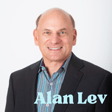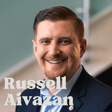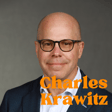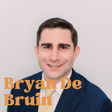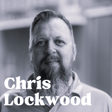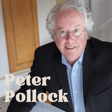
Colt Halloran: Lender and Real Estate Focused Insurance Agent
Colt Halloran is an agent with Goosehead Insurance, located in Downers Grove, IL. Colt joined Goosehead because of his unwavering commitment to take care of his clients. Using cutting edge technology to shop with dozens of "A" rated insurance companies in just a few short minutes, he is able to find the right coverage at a competitive price. He takes the time to review all of the options and customizes a policy based on the unique risks and desires of each client. After finalizing an option, Colt is backed by a service team that has the highest client loyalty rating in the industry. Request a quote from Colt and you will quickly understand why Goosehead is one of the fastest growing distributors of home and auto insurance in the United States.
Check out Goosehead here: https://www.goosehead.com/?t=y&id=0053c00000DNvadAAD.



